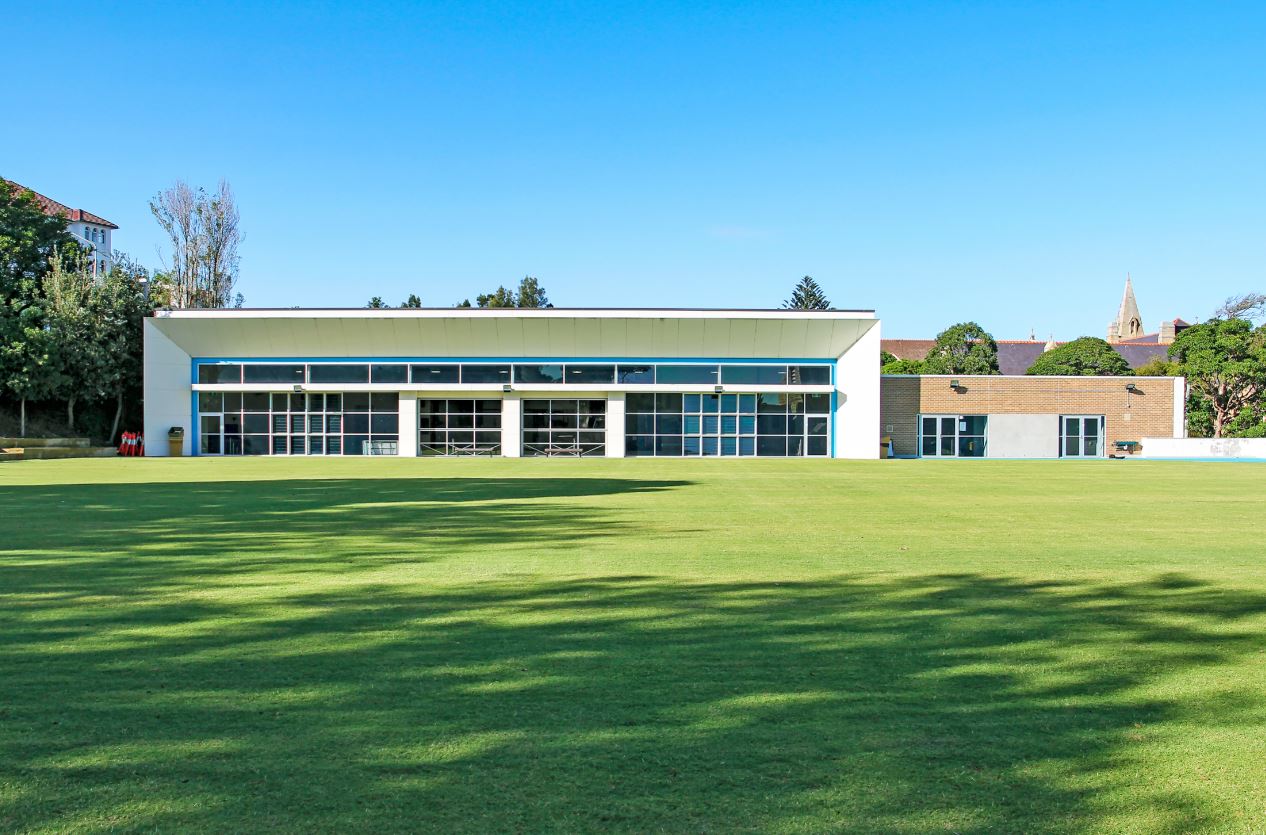
<h2>Soggy, boggy sports fields are useless, unless your school happens to run a mud wrestling programme.</h2>
<p>Having playable pitches is a must for schools that pride themselves on their sports programmes and their ability to give students year-round access to its fields.</p>
<p>Making sure football and rugby games can go ahead takes more than just a favourable weather forecast and a little luck.</p>
<p>It can require a huge amount of effort to ensure that games can go ahead and often that level of work cannot be achieved in-house. That is where the experts come in.</p>
<p><strong>In the trenches: We approached natural drainage specialists in the sector for their insights…</strong></p>
<p><em>Jordan Greville is regional manager at NZ Landscape Solutions. Here, he offers some advice on how to make the most of your school fields all year round, starting with some ground maintenance tips:</em></p>
<p>“A tailored renovation programme including at a minimum, fertilising, aeration and weed/insect/disease control will ensure your field’s longevity and will avoid costly capital upgrades associated to an insufficient renovation programme.</p>
<p>“Pre-season irrigation audits should be carried out in order to maintain a fully functional system.</p>
<p>“It is important to deliver the correct volume and even coverage of water and have a regular mowing schedule in place, at the correct mowing heights for the type of sport/activity to be played. Turf repairs, such as repairing holes and divots on the playing surface via turfing or sand spreading applications, will ensure the surface is even and conducive for safe sport.”</p>
<p>To avoid wet weather taking its toll on playing surfaces and causing game cancellations, careful attention must be paid to drainage, says Greville.</p>
<blockquote>
<p>“Drainage is key for a playing surface to handle sport all year round. Without working drainage, the result can be field closures and reputational damage. Functioning drainage will also prevent fields from drying out too fast, becoming too hard and becoming unsafe for play.</p>
</blockquote>
<p>“A good sports turf asset should be available for play all year-round. Adequate drainage increases the number of playing hours the field can provide without putting the grass under significant stress and will enable this no matter the season, ensuring our children have the ability to play, train and exercise for good physical and mental health.”</p>
<p>Greville says that having someone managing playing hours and training locations on the field are further ways of ensuring the grounds have the best chance of success.</p>
<p>“These are simple to overlook when you don’t have someone with this in mind managing the asset. Daily or weekly checks from a qualified professional will investigate a range of factors that ensure a safe, sustainable asset including moisture levels, surface integrity and soil profile analysis.</p>
<p>“Partnering with an expert helps schools understand the number of hours each field can successfully handle. The experts will take into consideration the grass type and density, the sports played and the overall condition on field.”</p>
<p>Risks can be avoided when schools engage with a professional company with qualified people, robust health and safety systems and the correct range of machinery to maintain school grounds, turf, and gardens.</p>

Since 2015, fewer students are completing secondary school, defined as remaining enrolled in education until…
As the country’s Indian population grows, so does demand for Indian languages like Hindi, Punjabi…
By promoting alternate qualifications, some schools may have undermined public trust in NCEA, explains an…
When young people immerse themselves in nature, they leave feeling physically, mentally, emotionally and spiritually…
Theatre is much more than performance. Deep skills can be developed across multiple curriculum areas,…
NZCER found generative AI tools are frequently used to support teaching and learning in primary…
This website uses cookies.